Modern science celebrates Isaac Newton as the father of our mechanistic picture of the universe. But Newton himself would have deplored such a vision, writes Patricia Fara.
What counts as natural – an ambiguous and multi-faceted term – depends on cultural convictions. According to the Aristotelian texts Isaac Newton was obliged to study at Cambridge, the divine perfection of celestial motion contrasts starkly with terrestrial confusion, which allows apples to fall downwards because they have a natural tendency to do so. Following a self-prescribed course of reading, Newton discovered that French natural philosophers had already rejected many previous assumptions, and in response he developed his own theory of universal gravity governed by mathematical laws. A modified version remains the accepted world view, but of course it may in its turn be deemed unnatural by some future interpreter.
According to modern scientific ideology, true knowledge can be gained only through reason, methodological research and collective effort. In subversive contradiction, the founding myth of physics describes a singular and instantaneous flash of inspiration beneath a tree. Towards the end of his life, Newton crafted gravity as a natural product, as a concept fashioned by him in direct response to his bucolic surroundings. Yet although he was probably recalling the Garden of Eden, his Woolsthorpe sanctuary was an artificial paradise, a man-made clearing whose fruit trees had been carefully cultivated over many generations.
The fullest surviving account is by his younger friend William Stukeley, antiquarian and Stonehenge expert, who described a conversation between them that had taken place in his own garden. Newton was, Stukeley wrote, reminiscing about his days as a student, when he had retreated from plague-riven Cambridge to take refuge in the country cottage where he was born. Sitting outside, ‘the notion of gravitation …was occasion’d by the fall of an apple, as he sat in a contemplative mood. Why should that apple always descend perpendicularly to the ground, thought he to him self. Why should it not go sideways or upwards, but constantly to the earths centre? Assuredly, the reason is, that the earth draws it…there is a power, like that we here call gravity, which extends itself thro’ the universe.’
This anecdote, which may or may not be founded in actuality, only became public knowledge a hundred years later but is now world famous. As if flickering between sub-atomic states, it is simultaneously a description of a natural event and a fable about an unnatural spark of unique genius. Newton’s views about nature and God’s role within it are similarly hologrammatic. Constantly under attack from his many critics, he gave various accounts and wrote private manuscripts that differ from published texts. Throughout his life, Newton cautiously shielded himself from public scrutiny, remaining secretive about his unorthodox religious affiliation, his alchemical experiments, his sexual proclivities and his destination during protracted absences from Cambridge. He once risked printing an extreme conjecture about God and nature –‘Is not infinite Space the Sensorium of a Being incorporeal, living, and intelligent…?’ – but apprehensive that he had gone too far, he rapidly bought up all the copies he could find. What does seem clear is that Newton’s God was eternally present throughout the cosmos and could intervene in its operations.







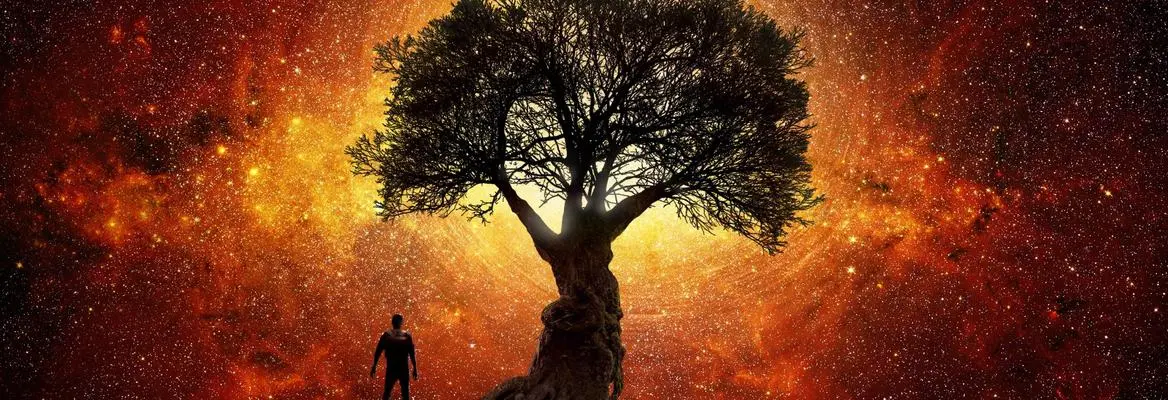


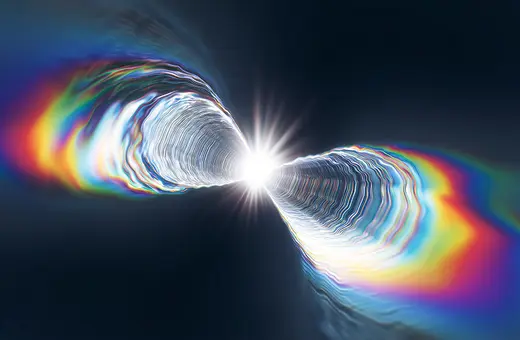

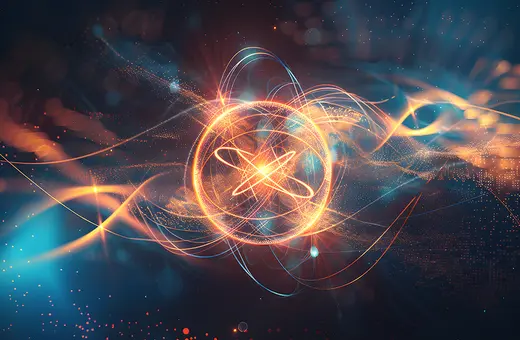
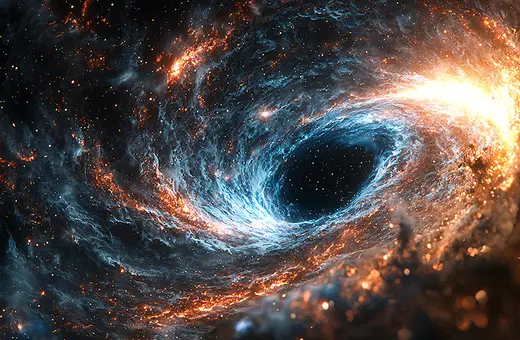
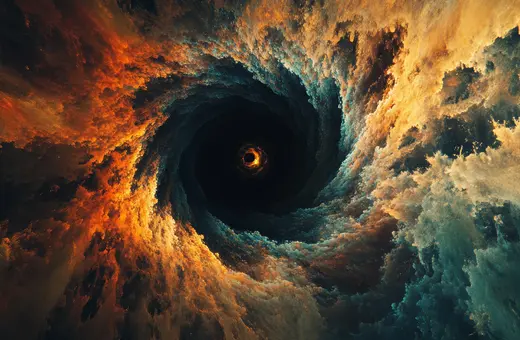
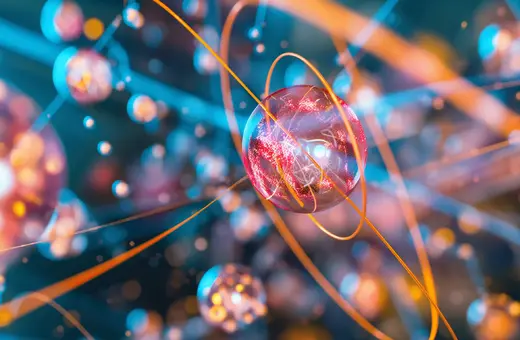

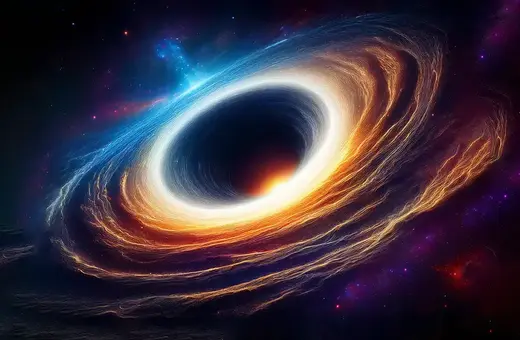



Join the conversation